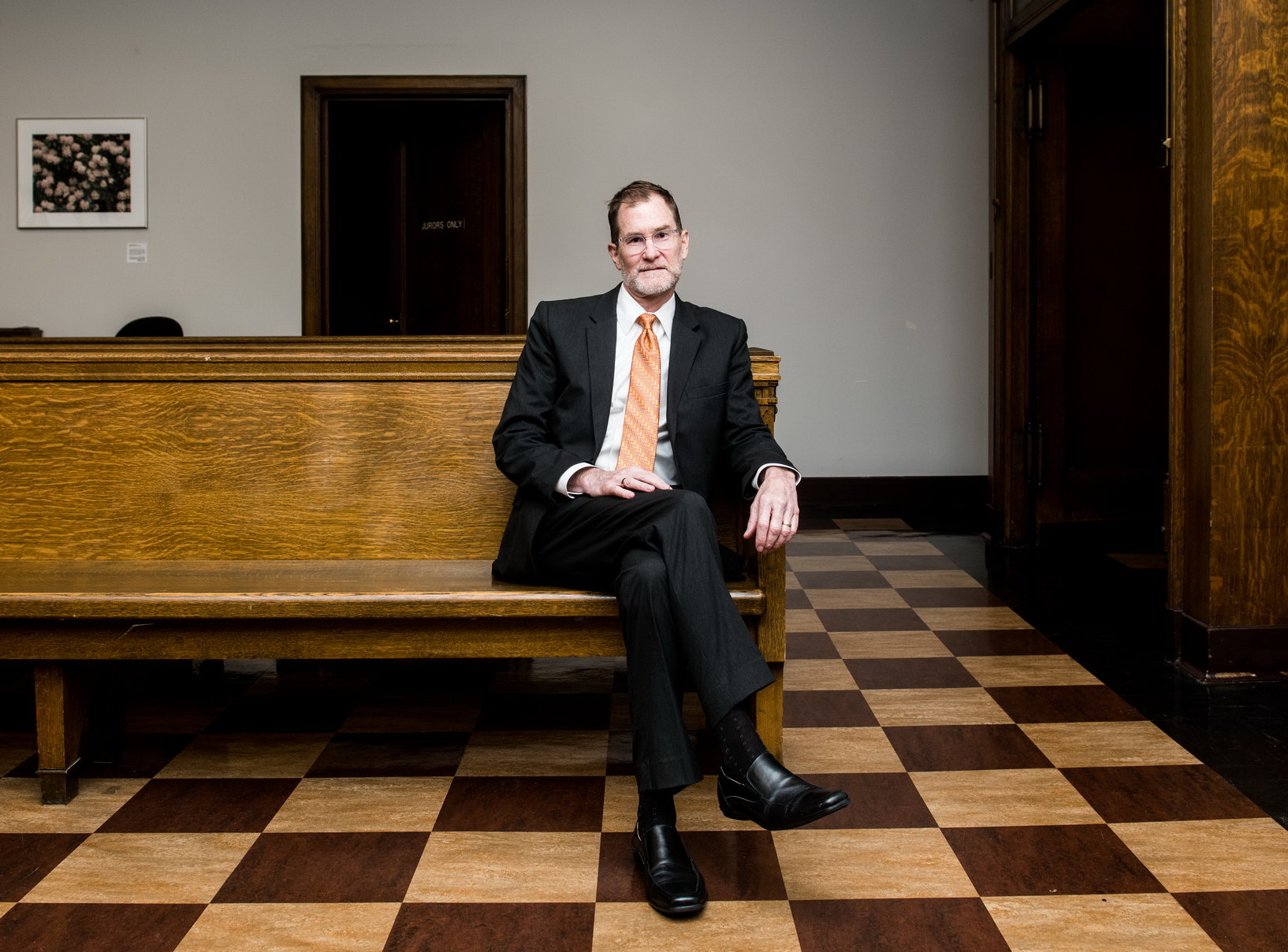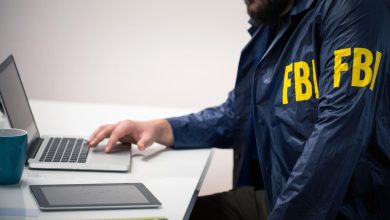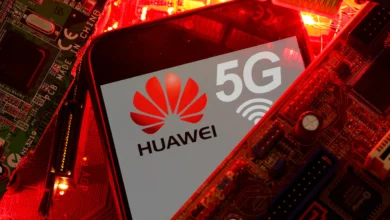Police and FBI more often turn to IT-companies for geolocation data of suspects
According to employed in Google The New York Time source, during the last half a year surged number of inquiries from law enforcement authorities about data on users.
IT-companies for many years provide law enforcement structures with available data on users if police show warrantі. Nevertheless, The New York Time source says that now location of dozens of suspects may be established with one warrant only.Police uses such warrants (sometimes they are called “geofence”) in case if other evidence is absent. According to them Google gives law enforcement information about all smartphones that were present in certain place from its Sensorvault database.
One of the brightest examples of “geofence” usage is a case of man from Arizona that was arrested at the end of last year and suspected in murder. Jorge Molina was accused in assassination with only one evidence that was geolocation of his phone that was traced near a murder scene. Another supportive prove was CGTV recoding that filmed a shot from Honda Civic car that allegedly belonged to Molina. Neither face of a shooter nor car number were not established.

Mr. Molina was released after nearly a week in jail | NYT ©
Suspect spent under arrest one week and was released later. Case got new facts that proved Molina’s innocence.
Gary Ernsdoff, a senior prosecutor in Washington State, says that IT-data cannot be considered a viable evidence in a court.
“It doesn’t pop out the answer like a ticker tape, saying this guy’s guilty, we’re not going to charge anybody just because Google said they were there.”, – said Gary Ernsdorff

Gary Ernsdorff, a Washington State prosecutor, has worked on several cases involving Google location data. | NYT ©
Practice of tracing suspects that were close to a crime scene with exploitation of geolocation data was used first time in North Caroline in 2016 by the FBI agents, argues The New York Time source. Since that time it was widely applied by local law enforcement authorities in all states. Source reports that in 2019 Google got 180 inquiries.
However, lawyers consider it to be an intervention in private life.
“There are privacy concerns that we all have with our phones being tracked — and when those kinds of issues are relevant in a criminal case, that should give everybody serious pause,” – said Catherine Turner, a Minnesota defense lawyer who is handling a case involving the technique.
Source: www.nytimes.com






Destroy your smartphone) Be free! )))
Hello, Big Brother!